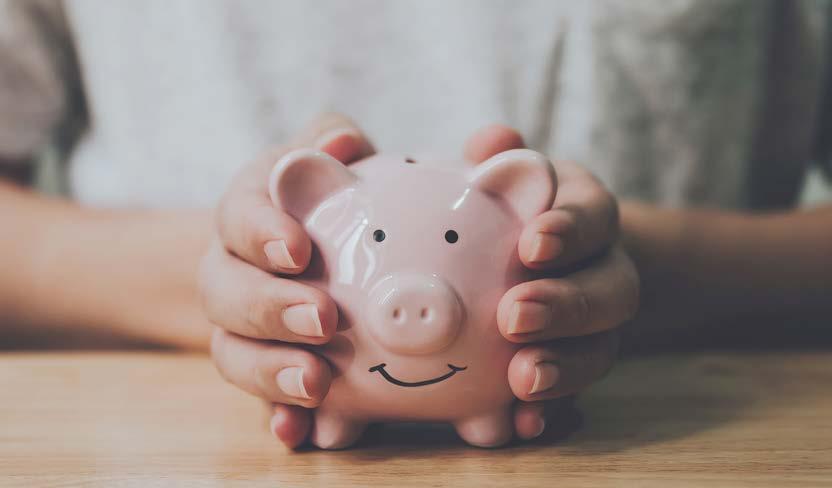
2 minute read
FINANCE
BUSINESS Responsible investment

Advertisement
Lawrence Down
Financial Planner | Lester Brunt Wealth Management Senior Partner Practice of St. James’s Place Wealth Management Dickens House, 15 West Borough, Wimborne Minster, Dorset, BH21 1LT t: 01202 695801 m: 07967 000275 l.down@sjpp.co.uk www.lesterbrunt.co.uk

How the investment
community can help advance the environmental gains that have come out of COVID-19
The consequences of the coronavirus pandemic will clearly be profound, wide-ranging and long-lasting.
So, it’s no surprise that any sources of optimism to be found as the crisis unfolds are quickly seized upon. Perhaps the most significant so far has come in the form of the immediate
effects on the environment.
Greenhouse gas emissions have fallen, while data from NASA
suggests that air quality has improved dramatically as countries around the world have taken steps to restrict activity and travel.
Indeed, this could be an
opportunity for organisations to rethink how they do business – and question whether they need to return to a form of normality in which, for example, employees are flown to meetings that could otherwise be held using video conferencing facilities.
A more realistic rate of change
Unfortunately, however, the environmental positives are likely to be temporary. Indeed, there is now a risk of efforts to address climate change becoming a lesser priority as governments focus on dealing with the economic implications of the crisis.
This is why the investment industry has an important role to play in maintaining the momentum that has gathered in recent weeks and months.
The biggest crisis now is clearly COVID-19, but the biggest crisis of the 2020s is still climate change, and we need to ensure that once we’re
on the other side of the coronavirus
pandemic that governments keep focusing on that.
But the environmental gains from the pandemic have clearly been made alongside painful social, economic and health consequences. In other words, the current rate of improvement is unsustainable.
If we’re taking climate change seriously, we would rather see a smooth transition at a rate less
dramatic than we’re seeing at the moment. We don’t want to be in a
position of having to bring a halt to everything, as we are now, in order to have that environmental impact.
Responsible investing isn’t just about the environment, of course.
The crisis has also shone the
spotlight on corporate behaviours – both good and bad – and helped
BUSINESS Responsible investment
Beyond the coronavirus

illustrate why businesses cannot simply be about making profits.
If they are going to be successful, they need to think about their wider stakeholders. Companies that have put measures in place for employees, for example, will come out of this with higher employee satisfaction and community spirit – and that contributes to their
long-term success. The importance of environmental, social and corporate governance (ESG) factors in investment decisions has only become clearer as the crisis has unfolded.
Investors increasingly seek information about sustainability and responsible investing, with growing awareness of the broader long-term aspects of successful and effective investing. Anyone who wants to explore their responsible investing options should speak with a financial adviser.










